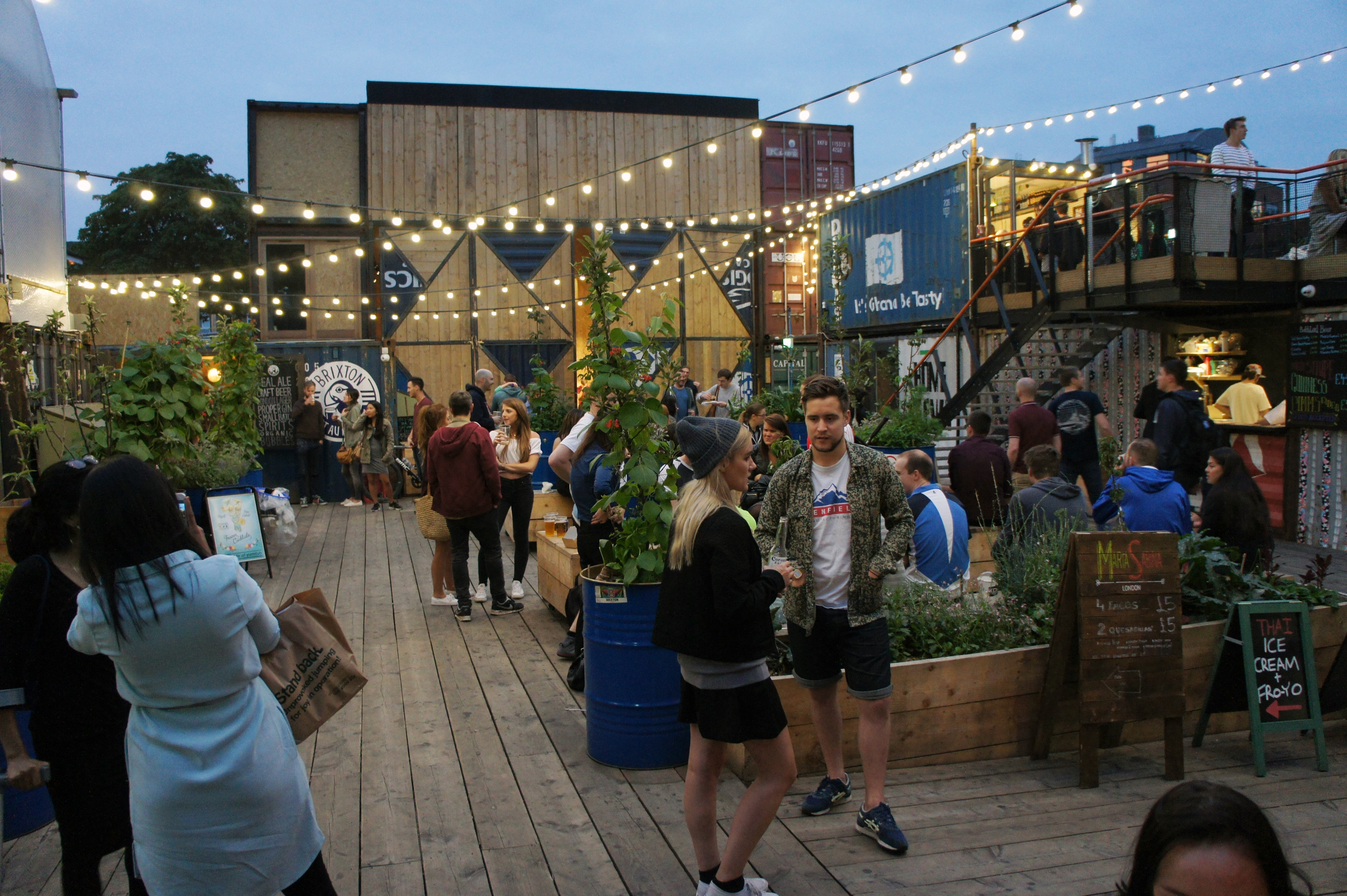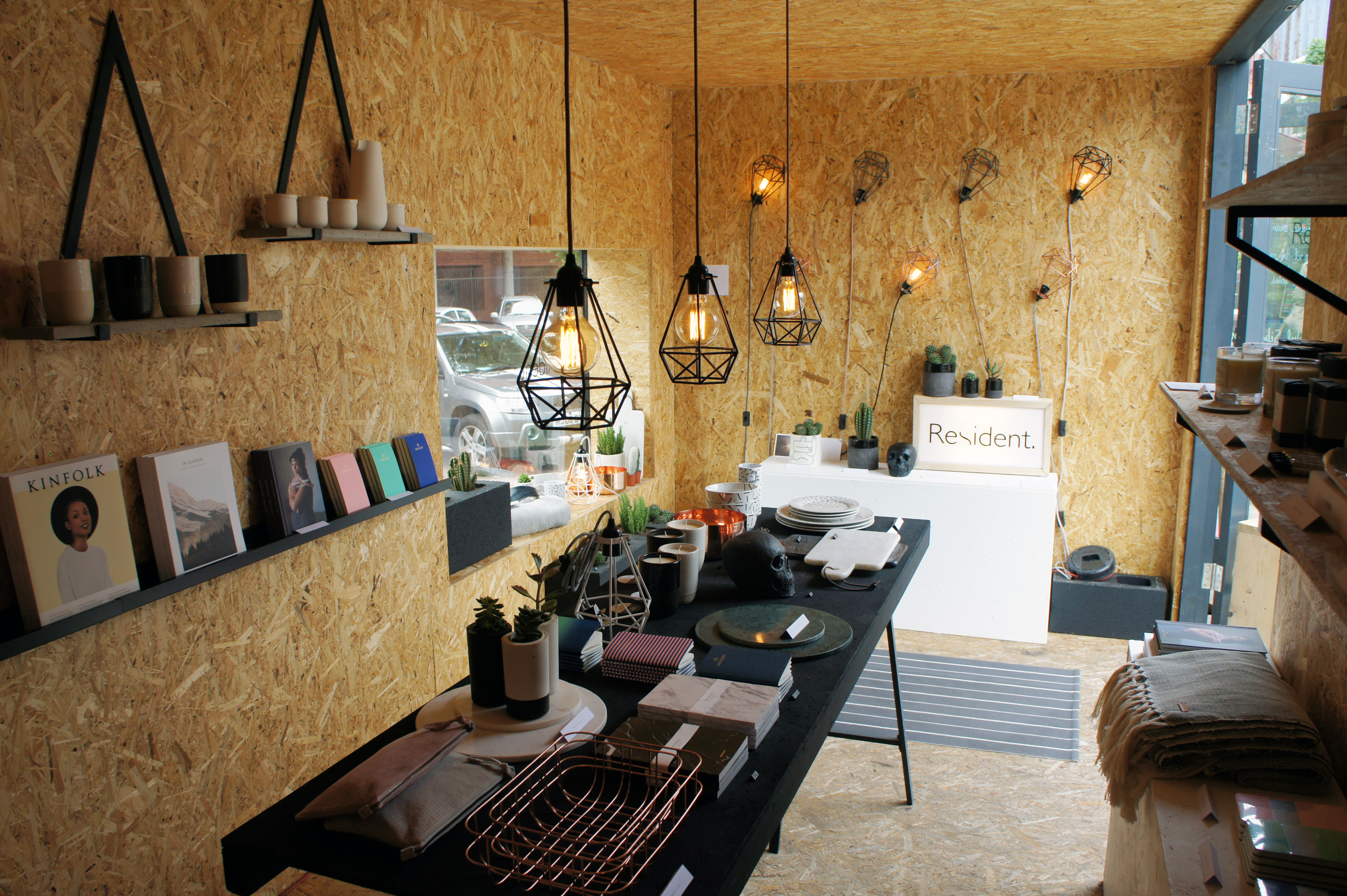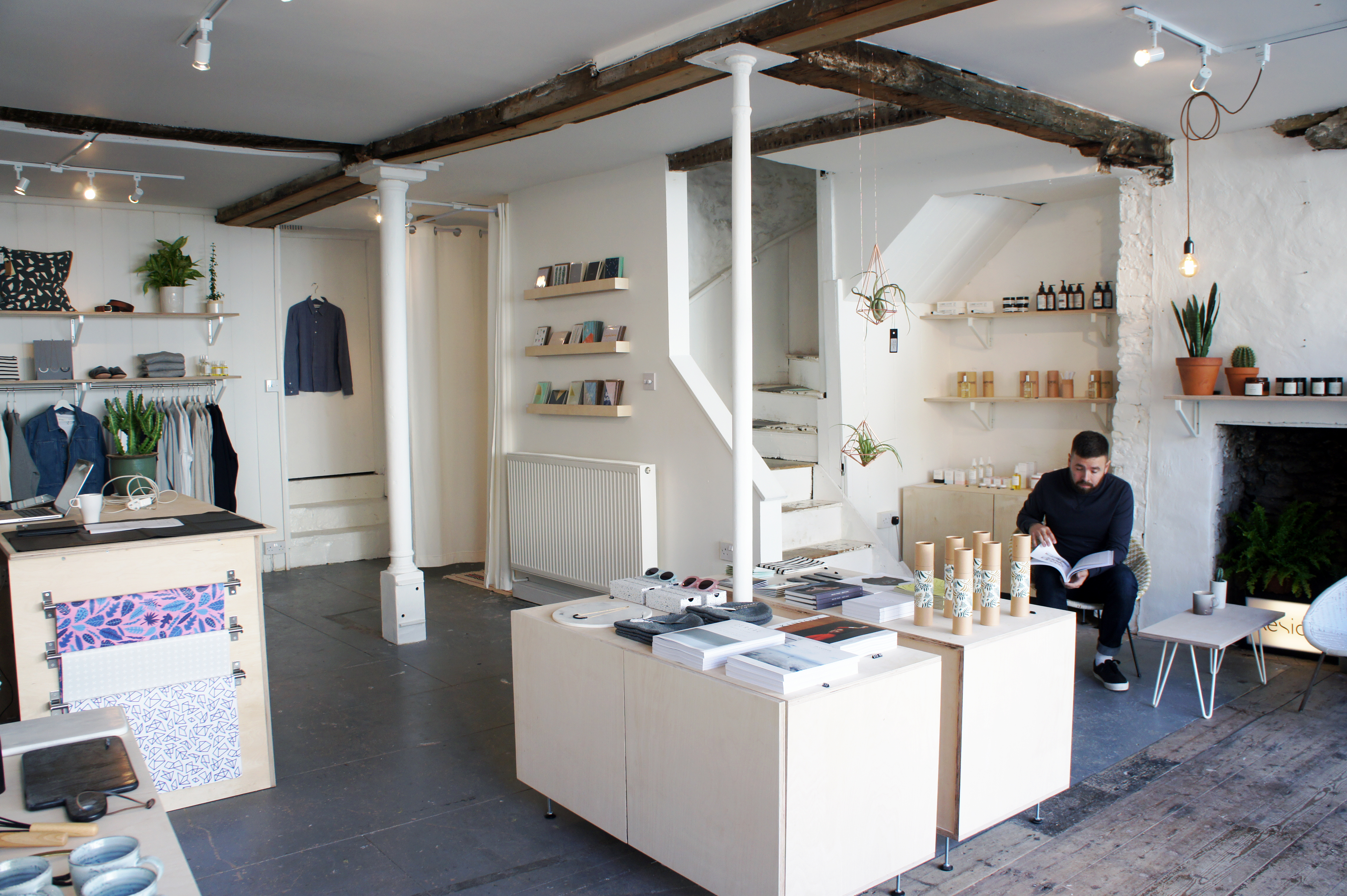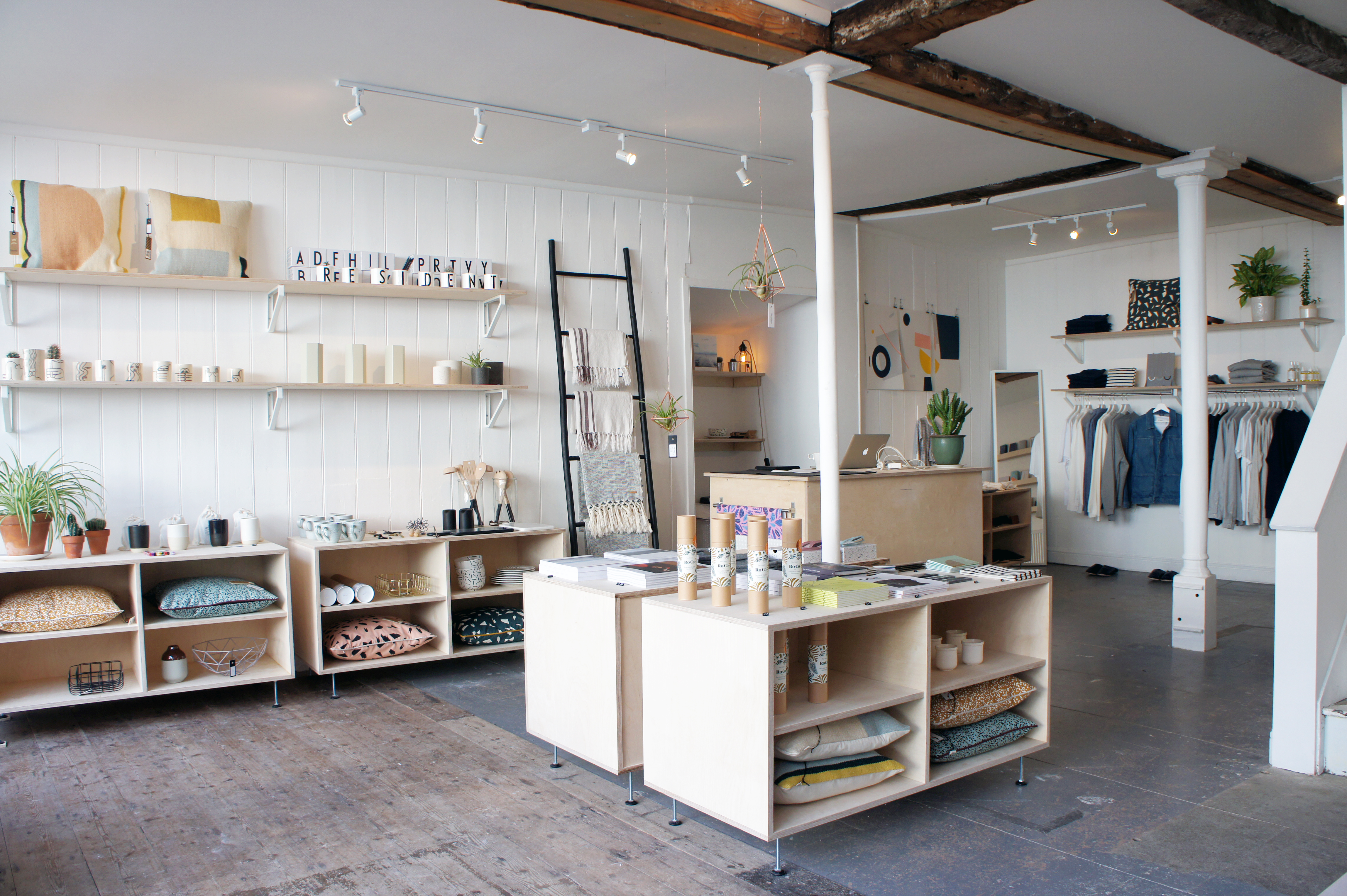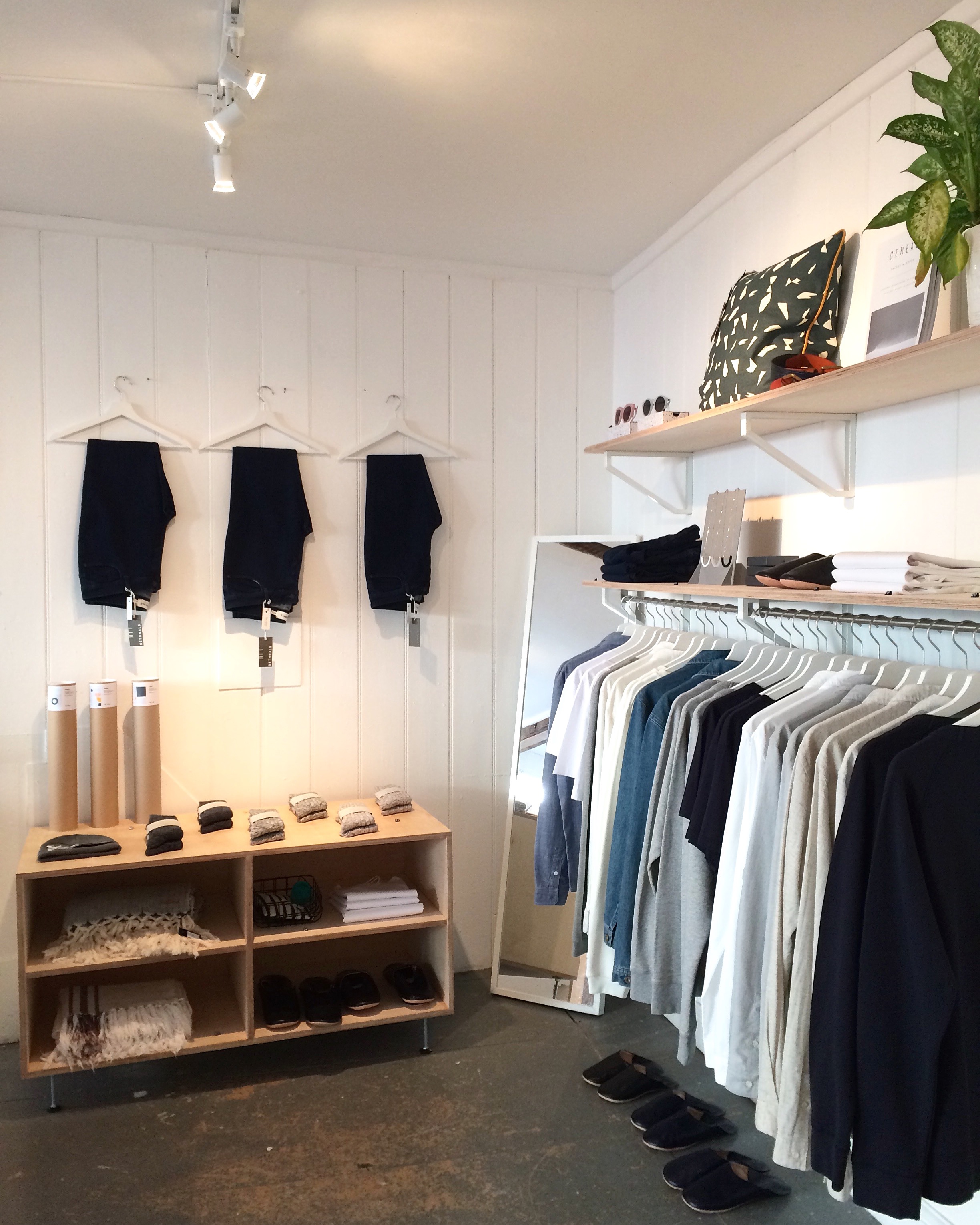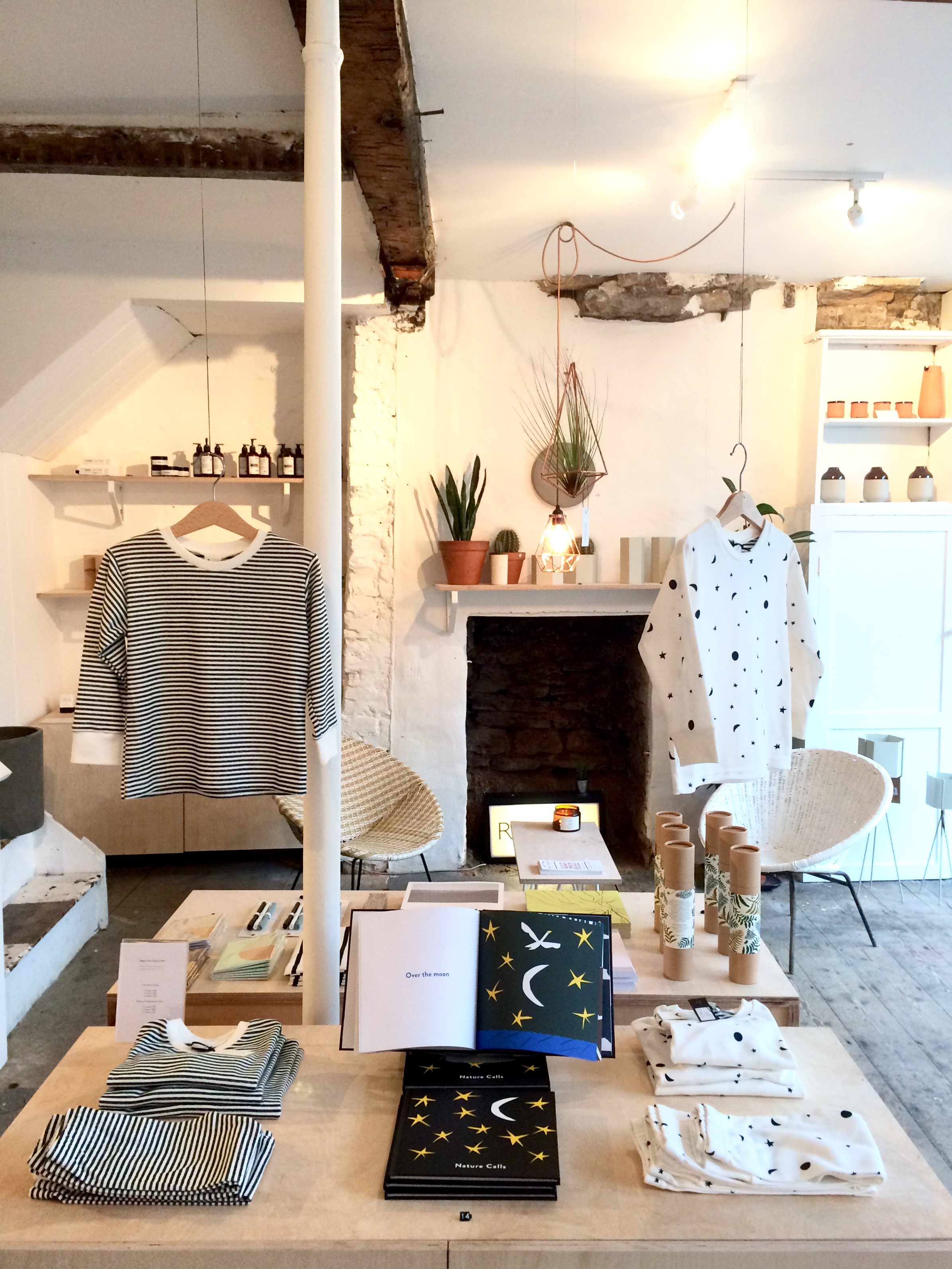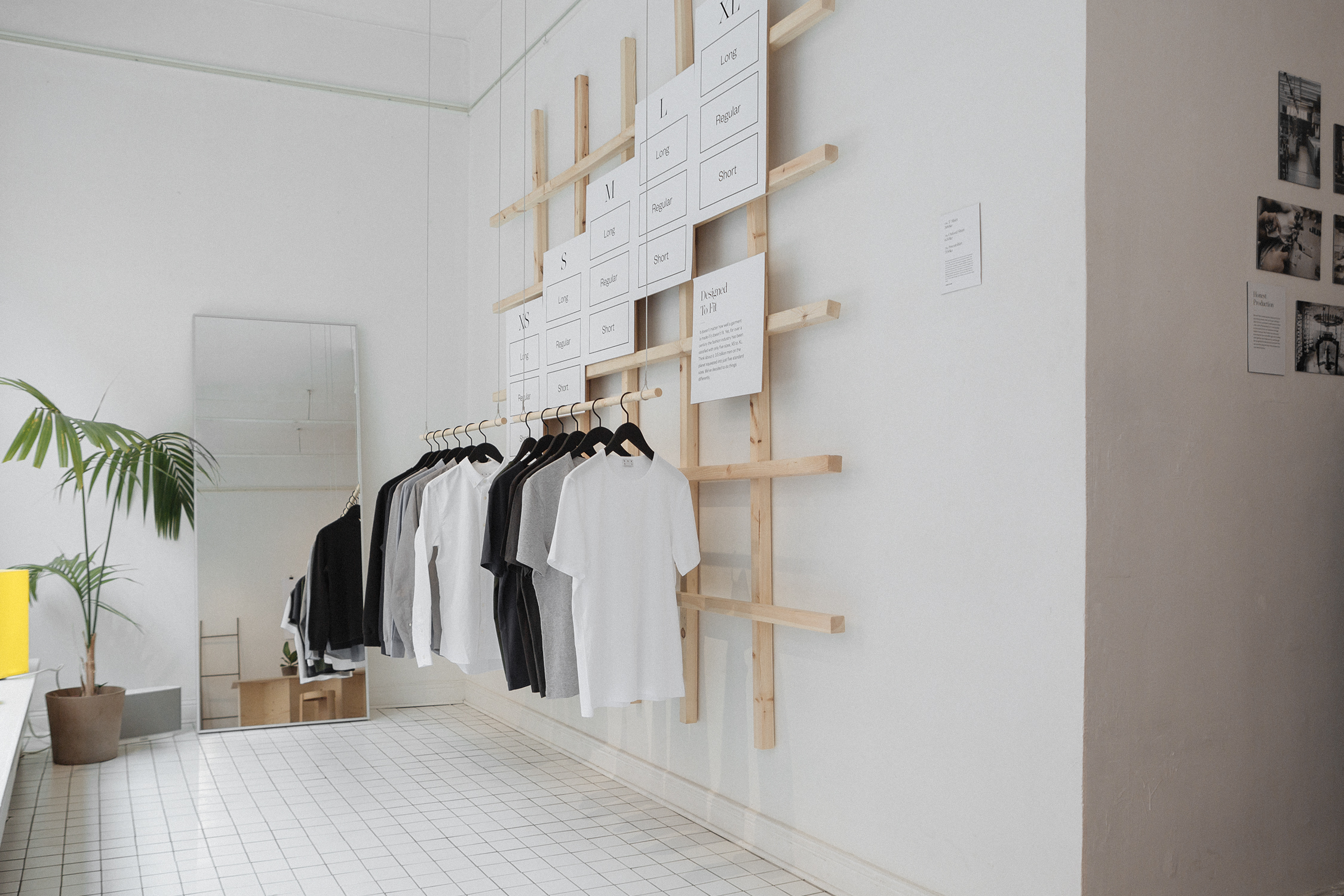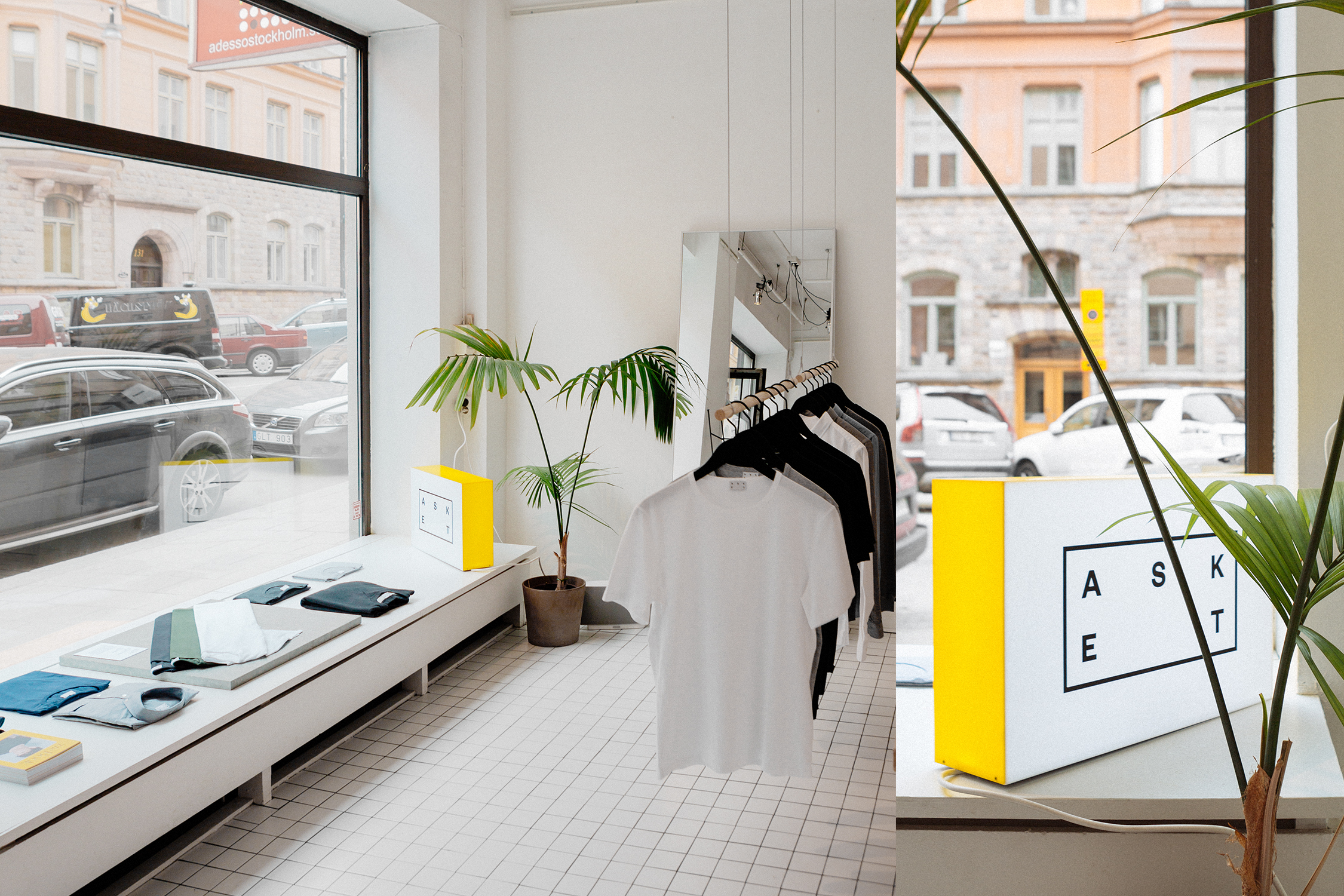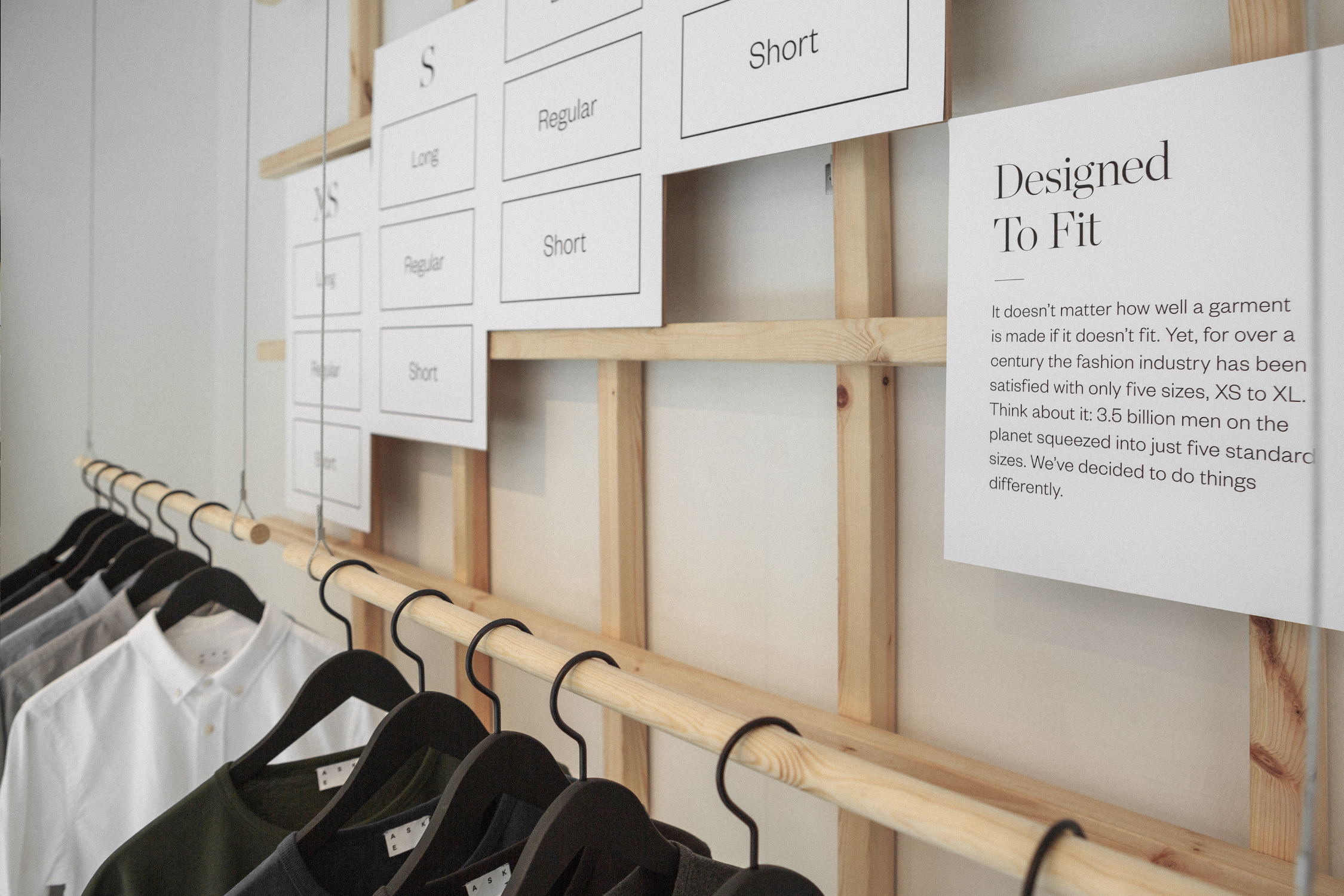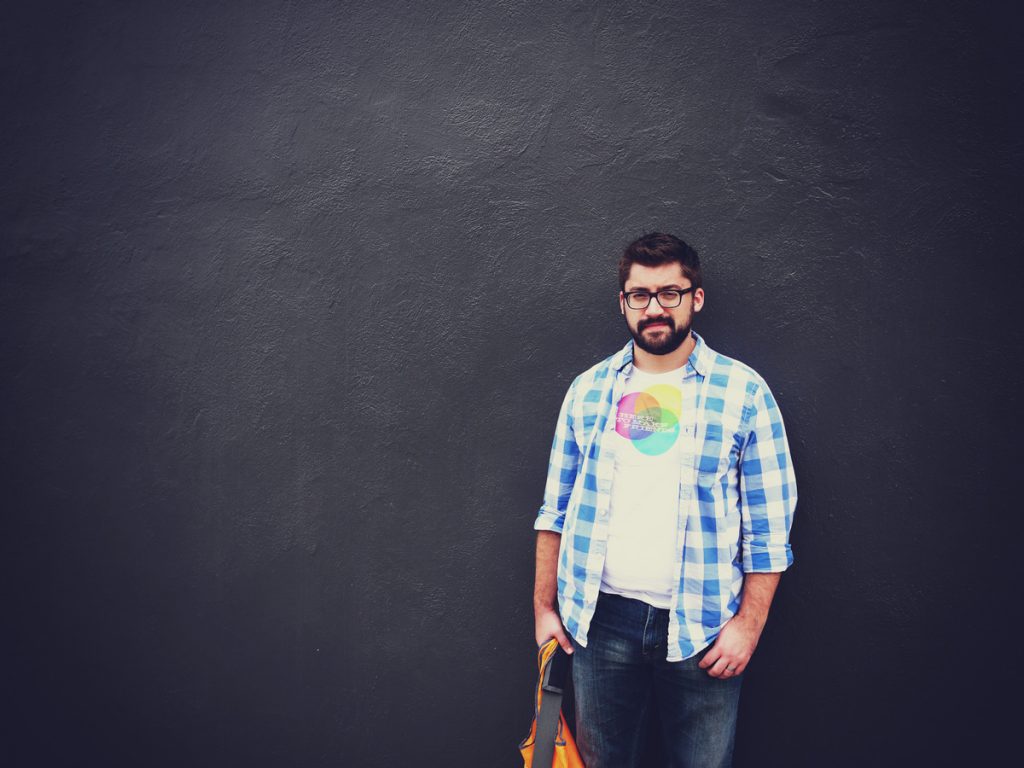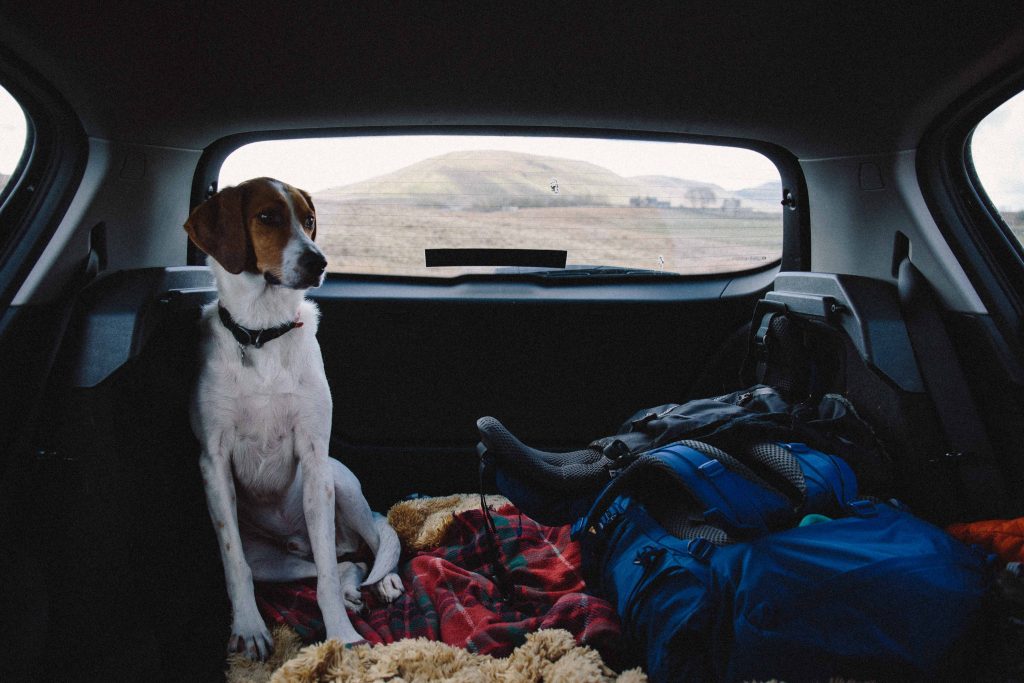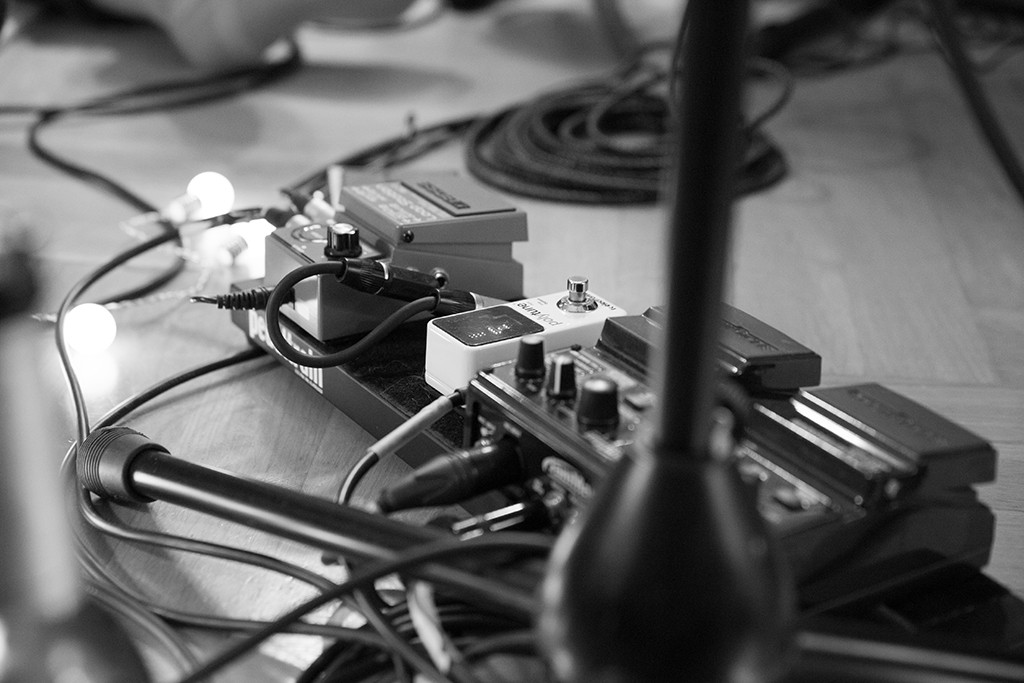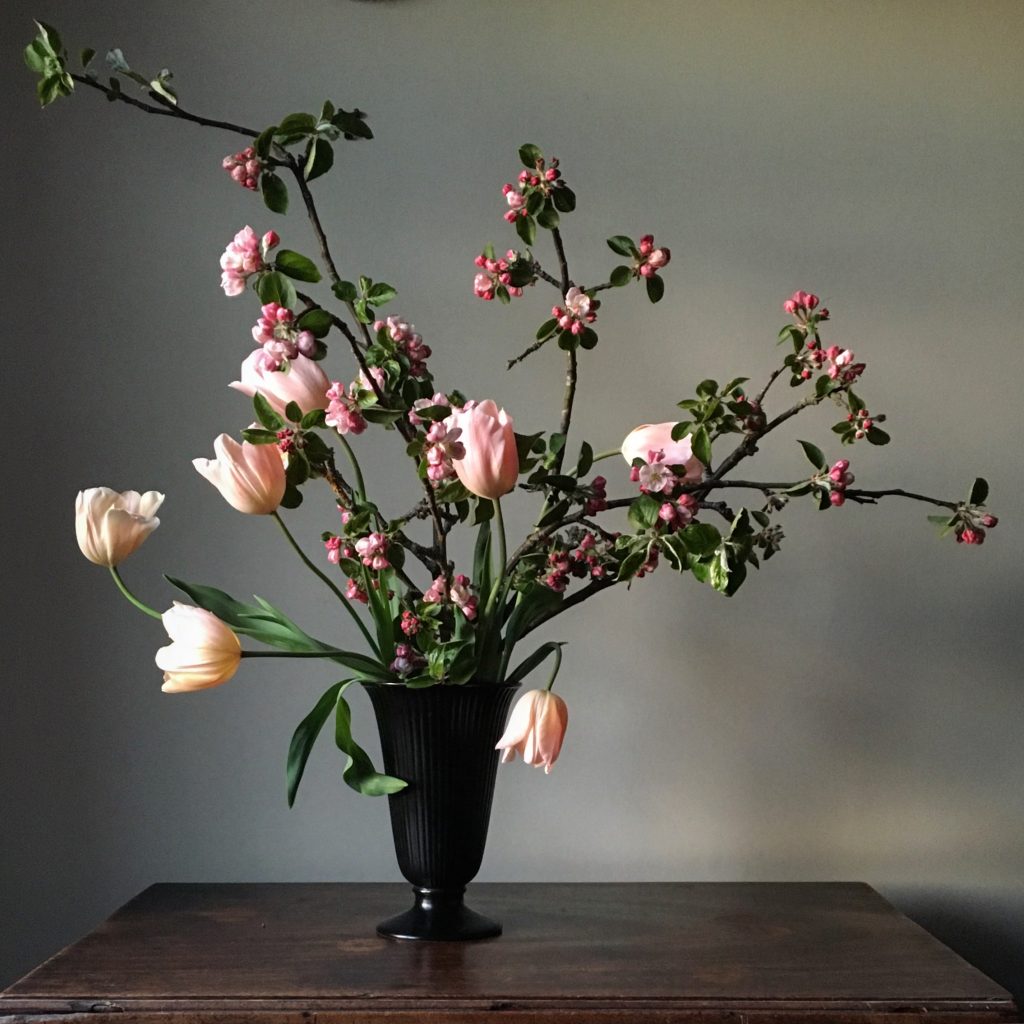Claiming a space in the retail market, albeit literal or metaphorical, can be a challenge. With increasing buying and rental values of property and on-costs of staff, maintenance and utilities, setting up a store is just not always a possibility for retail start-ups and new business ventures.
Thankfully, for those brave enough to take on the world of retail, there is this wonderful place called…the internet. Brands that would have otherwise fallen hard at the first hurdle now have the endless possibilities to sell and market their brand not only across their own country, but across the world. Whilst this platform, alongside intuitive and methodical use of social media, can get the business going, there is nothing quite like that physical connection with product.
But how does one go about this when the means for a permanent store in a specific location are just not feasible or not quite in line with the brand’s ethos? Did someone say pop-up?
Pop-up stores, pop-up shops, (or even flash stores) first began in La-La Land, Los Angeles, in the late 90s. Brands could accommodate a temporary space by “popping up” to generate excitement around the opportunity to see product where it would not usually be kept or made available.
NH&P took the opportunity to speak with a couple of brands and ask what the appeal about creating a pop-up was and what worked or perhaps did not work for them.
Resident
Lifestyle store based in Frome, Somerset, UK – 20 Paul Street, Frome, BA11 1DT – http://www.residentstore.co.uk – @resident_store
Can you tell me a little bit about your brand/store?
Resident is a lifestyle store based in Frome, Somerset.
We bring together a considered blend of wares for you and your home, including homewares, accessories, skincare and clothing from a range of designers and makers both big and small.
We like to collate products you won’t find readily on the high street, and to champion the up-and-coming brands that we love. We also host a series of workshops and events in our store, where we invite experts in to share their ideas, knowledge and skills with our customers.
Why did you decide to do a pop-up?
A pop-up was an easy decision for us. We had done smaller markets and tradeshows in the past, and a pop-up was really the next logical step after that. Plus, it’s a great and low-risk way of testing out your concept as you’re not committing to lengthy and expensive leases. We used ‘Appear Here’ to book everything, they were very efficient and made the whole process incredibly easy enabling us to concentrate on making the store look and feel how we wanted.
What was the best part/thing about your pop-up? How did you feel this benefited your brand?
We chose a space in Pop Brixton – a collection of shipping containers in Brixton that form a pop-up mall by architect, Carl Turner. It was a great space for two main reasons – it was a clean, blank box (literally a shipping container) making planning the layout relatively easy and secondly, it was in Brixton, in a part of town where there wasn’t really anyone else doing what we were doing
The mix of start-up restaurants, bars and other retailers at Pop Brixton made for a fantastic launch platform for us enabling us to reach literally thousands of people we couldn’t have reached any other way.
How did you advertise your pop-up store?
A mixture of social media posts, advertising and good old-fashioned word of mouth. We also used mailing lists from our in-house brand The Electrical Shop and invited friends and family too which was enough to get us going. Pop was always busy too, so just having a physical presence on the street drew a lot of people in.
How many pop-ups have you done? Would you do this again? What would you do differently?
We have only done the one so far, but now we have relocated to Somerset, we are looking again at doing something similar in neighbouring cities like Bristol, or possibly even back in London.
I’m not sure we’d do anything different as such, but we are certainly much better at what we do now that we’ve had a physical store for nearly a year. I think we could make the space look and work better, and would consider what we could use a space for outside of regular trading hours with events in the evenings.
What was the public’s reception of the pop-up and did it create, in your view, more awareness of the brand?
Public reception was great. Easily measurable things like our social media following went up, but also traffic to our website and our online sales after the pop-up had closed. We certainly had a little more brand loyalty from customers too who, when given the chance to see your wares in the flesh and chat to you about them, are much more likely to make a purchase.
We’ve had customers come into our store in Frome who remember us being in Brixton, or who have heard from a friend of a friend about us, so it’s still paying dividends almost two years down the line.
ASKET
Online-based menswear brand, focused on wardrobe essentials – www.asket.com -@asketsthlm
Can you tell me a little bit about your brand?
ASKET is an online-based menswear brand focused on wardrobe essentials. We started out as customers were fed up with how hard it was to find the seemingly simplest garments: plain crew neck tees, oxford button downs, wool sweaters, cotton trousers – the basics, the foundation of everyman’s wardrobe. Forced to constantly make compromises in terms of quality, fit or design, we set out to free the wardrobe essentials fashion and bring them back to basics. By focusing only on what truly matters – quality and fit – and throwing out everything that doesn’t add value to the product, we offer lux essentials, in a revolutionary size system at a price way below their retail equivalent. We create one garment at a time, adding them to a permanent collection meant to withstand both fluctuations in trends and frequent wear.
Why did you decide to do a pop-up?
While a lot of people don’t have problems buying clothing online, for many it’s still a hurdle not being able to try and feel the clothing before buying. Our promise is premium quality and perfect fit, but since we’re online-only you can’t actually try and feel our products. So it was natural step to start experimenting with occasional physical presences. Not only does it allow our customers and followers to try our garments and find their size, it’s also a fantastic way to manifest our brand and our values physically while being able to interact directly with our customers.
What was the best part about your pop-ups? How did you feel this benefited your brand?
Building an online-based brand, the best thing with our pop-ups has always been getting to see, meet and communicate with our customers and fans directly. Not only does it help improve our picture of the people we cater to, it also provides us with an outlet to see how our clothes fit and take in feedback from our customers directly. Many of the people that visit our pop-ups have followed us for months, years even without daring to buy our products online – learning about their needs and wishes is extremely valuable to create an even better customer experience over time – both online and offline.
How did you advertise your pop-up store?
We’re not very keen on paid advertising – remember, everything that doesn’t add value to the product must go – so we tried some different ways of advertising. Since we see pop-ups mainly as a service to people who are already familiar with us – not a billboard to increase brand awareness – our main efforts are focused on making sure our existing customers and followers are informed, via our social media channels, our newsletter and even physical invitations. On top of that we sometimes hand out our ASKET book to nearby restaurants and cafés or host more private events for family and friends and ask them to bring along more friends. Most recently, in December, we did a pop-up together with 3 other Stockholm based brands and an artist with similar values but complementary customer and follower groups. That allowed us to tap into each other’s organic reach.
How many pop-ups have you done? Would you do this again? What would you do differently?
We’ve done three so far: two in Stockholm, one in Gothenburg. We will definitely be doing more offline appearances but we’ll most likely alter the timeframe, concept and/or locations to try our way around. Until now we’ve had 10-day pop-ups in locations where we’ve custom-built the store interior. That takes a lot of time and effort for a rather short period. We need to go either more long-term or shorter time periods with “lower effort” – perhaps more collaborative appearances at venues that already have what we need to present the ASKET brand in the right context.
What was the public’s reception of the pop-up and did it create, in your view, more awareness of the brand?
The general reception of our pop-ups has been great. Our customers and followers really appreciate the chance to get in touch and meet the people behind the brand (and vice-versa!), touch and feel and try our products. However, we’ve realized that the type of pop-ups we’ve done so far mainly provide a service to people that are already aware of us. We’re not certain that pop-ups are the way to go for increased brand awareness – if so, they would require a longer timeframe to function as “billboards”.
Pop-ups have allowed Resident and ASKET to expand their reach and promote their brand. The excitement generated around the fleeting presence of these stores has led to wider recognition and interactions with customers that would otherwise have not been necessarily possible.
The next time you are passing a pop-up store, why not venture in and learn a little more about the story behind the people who have set it up.
